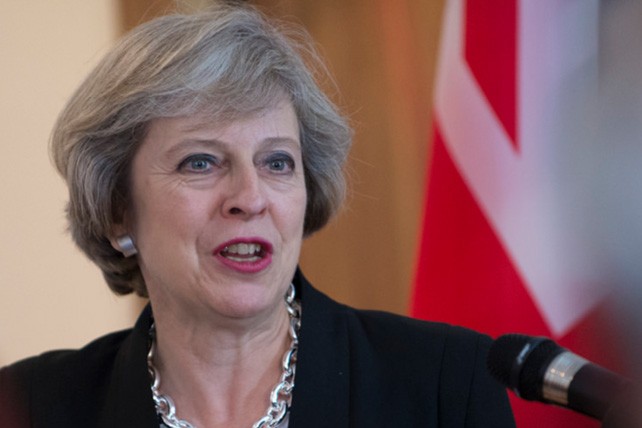By Ben Kerrigan-
Theresa May’s decision to call for a short extension has been criticised heavily i as she has been accused of misleading parliament and placing her own interests above that of the nations. Her decision to ask for a short extension has been condemned by analysts who fear she is unilaterally overruling her Mps.
Her decision to seek a short extension to Article 50 until June, as well as committing to Britain participating in the European elections has been condemned as her putting her own interests above the country’s. Critics, who accuse the prime minister of acting unilaterally say the prime minister knows her deal will be voted down again, and she is therefore putting parliament through a process she knows will fail.
She is being accused of overriding the views of dissenting parliamentarians, and pursuing an avenue destined to fail. The Guardian went to town in a scathing attack on the prime minister’s handling of the Brexit crisis, informing of the anger from within her party over the decision..
The uproar begun after EU chiefs offered the Uk an extra year to negotiate their exit from the EU, but Theresa May called for a short extension until June 30. Her decision appears to have been to strictly deliver the results of the referendum in as quick a time as possible. That decision may also show an oversight into the economic consequences of making that move, but if the prime minister believes EU elections are the right direction, those who disagree should explain broadly why European elections are the wrong direction.
Some politicians believe her position might just be a matter of political philosophy to steer away from anything that doesn’t resemble Brexit, but there needs to be a clear light moving forward.
RESPONSIVE
The agreement for the Uk to participate in EU elections has got a number of politicians frowning hard because the political momentum in this exercise is swing towards EU having more power and leverage in the negotiations. It is not the outcome Mps would have wanted, but that’s what happens when they can’t collectively decide how the country should exit the EU.
There is no deal on the table that unifies parliament, which is why a delay is not the answer. The he prime minister may also feel that an extended delay would not solve matters, but short extension with no solution in sight solves nothing.




